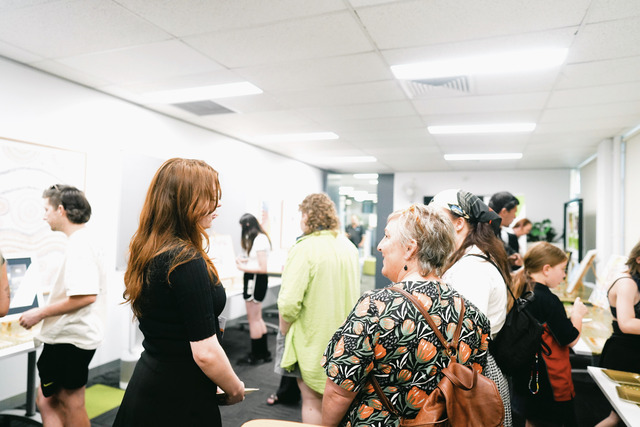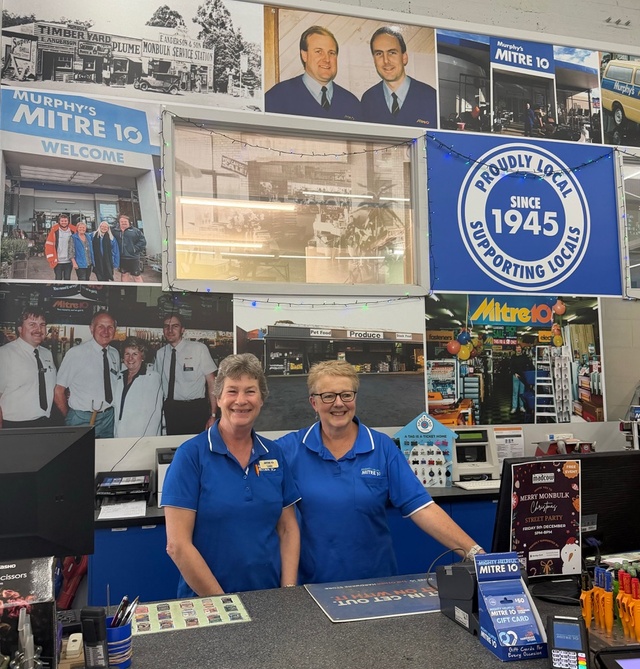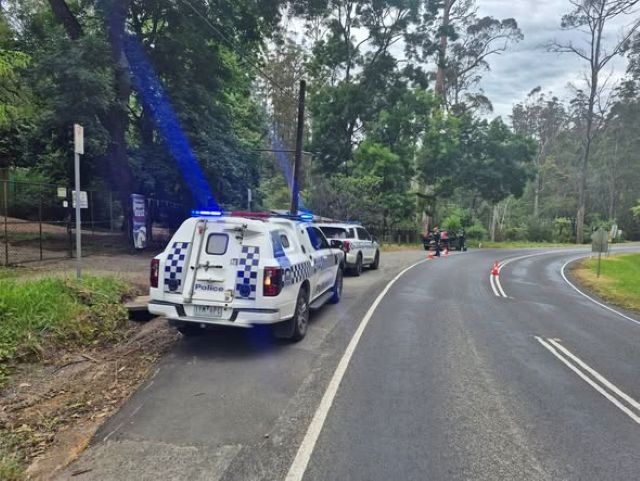Two of the hardest hit industries during the pandemic — health and aged care —were already feeling the effects of worker shortages even before Covid-19 arrived in Australia.
With the Jobs and Skills Summit last week and Dementia Action Week happening from September 19 to 25 September, Mooroolbark based Dementia Care International (DCI) backs calls from Dementia Australia to respond to the recommendations of the Aged Care Royal Commission to invest in dementia-specific training.
“We can’t separate staff wellbeing from residents’ wellbeing. Increasing wages without addressing staff wellbeing will only be a short-term solution as burnout will still occur,” DCI president Hilary Lee said.
This was echoed by Dementia Australia CEO Maree McCabe AM who said “embedding a minimum level of compulsory dementia care education is as important as increasing staffing numbers and wages.”
Having travelled to Paris in 2009 with DCI founder Jane Verity to meet with OECD Head of Health Division Mark Pearson, Ms Lee said one of the OECD’s future predictions was “recruitment and retention of staff will become the biggest issue facing aged care in the future.”
This was put down to a lack of job satisfaction and lack of education, something, since that time DCI has worked to improve.
“With this information as a guide, at Dementia Care International we decided to develop a Model of Care that focuses both on the needs of the staff as well as the residents and clients,” Ms Lee said.
Ms Lee said DCI’s education perspective focuses on a heightened “level of emotional intelligence in teams”.
“[It’s] providing each person with the autonomy to problem solve human needs from a deeper level. This means staff can feel fulfilled in their role and experience elevated job satisfaction,” she said.
“The education provided by our organisation facilitates increased self-confidence and self-esteem and reconnects people with their purpose.
“All of us look for a purposeful existence. Having a purposeful role at work positively and profoundly affects all aspects of life.”
Ms McCabe said 65 per cent of people in residential care have a moderate to severe cognitive impairment, while 70 per cent of the half a million people in Australia who have dementia receive in-home care.
“All staff employed and entrusted to provide care must be appropriately trained in dementia care,” she said.
“The sooner the whole aged care workforce is accessing appropriate dementia care education and training the sooner we will begin to see the changes needed to improve the health, lifestyle and care outcomes for people of all ages living with all forms of dementia, their families and carers.”
Not only is education important for staff and carers but for the community as well, with Dementia Action Week’s theme for this year being ‘a little support makes a big difference’.
This theme is trying to dispel some of the stigmas and discrimination that occurs for someone who has dementia.
“We know discrimination has a significant impact on people living with dementia, their families and carers, and a little support from the community and healthcare professionals can make a big difference,” Ms McCabe said.
“We are encouraging communities to come together to learn more about how they can support people living with dementia.
“Whether in a workplace, at a bowls or footy club, or just with friends and family, we want everyone to get together to learn more about dementia and how a little support can make a big difference.”
For information on Dementia Care International, their Model of Care and specialised education please visit www.dementiacareinternational.com
As an individual, find local dementia support in Mooroolbark with Caladenia Dementia Care. Visit www.caladenia.com.au for more information.







